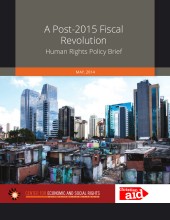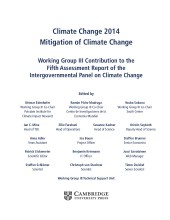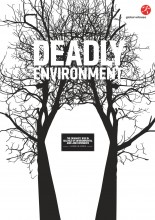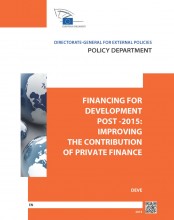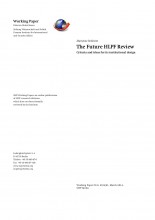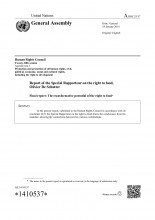Sustainable Development & Human Rights - Archive
The International Campaign for Women’s Right to Safe Abortion is a coalition of organizations and networks that support women’s right to safe, legal abortion, with members in 108 countries across the globe. Our aims are to promote universal access to safe, legal abortion as a women’s health and human rights issue, and to support women’s autonomy to make their own decisions whether and when to have children and have access to the means of acting on those decisions without risk [...]
Presentation by Social Watch coordinator Roberto Bissio at the Interactive Dialogue “Elements for a Monitoring and Accountability Framework for the Post-2015 Development Agenda” convened by the President of the General Assembly of the United Nations
Some four thousand years ago, King Hammurabi had the laws of his domains between the Tigris and Euphrates rivers carved in stone and placed in front of his palace. The laws were written in the plain language of the people, not in the arcane idiom [...]
The event will bring together leading thinkers, policy-makers, and civil society representatives, on the eve of the European elections. Olivier De Schutter, UN Special Rapporteur on the right to food on convening the conference, said : “A genuine transition in the way we produce and consume is the only true path to sustainability. But it must be accompanied by a transition in the way we govern.”
The transition towards sustainable societies goes beyond the ecological transition alone. Though it does include [...]

